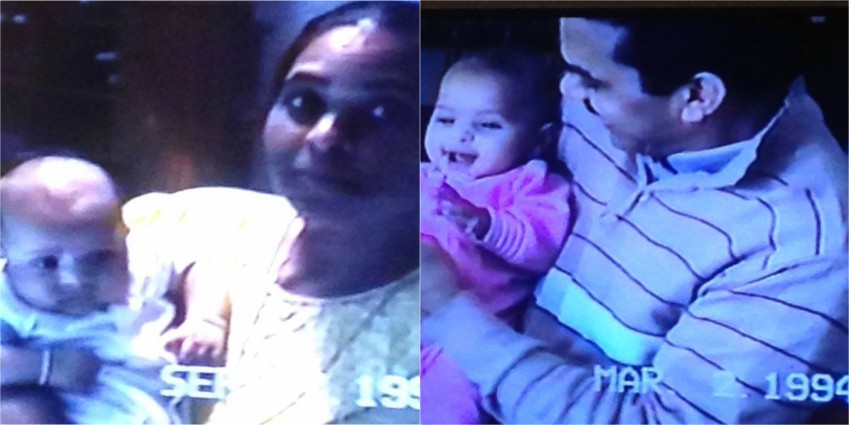
The following article is meant to celebrate #ImmigrantHeritageMonth.
Dear Mom and Dad,
I know you’re worried. Sometimes it worries me that my decisions worry you. Sometimes it even stresses me out to the point where I wake up at night feeling like there’s a tight knot in my stomach.
Regardless of what is happening around me, I always feel a sense of urgency—a sense of urgency and a strong calling to follow my passions and listen to the inner voice that has told me so much all these years. The voice that has gently led me to cultivate a sense of purpose and internal happiness.
I know you’ve supported me until now—you’ve given me all that I know and have, done all that you have known to help me get here.
You’ve raised a daughter to never compromise her values. To believe in all that she works for and to live those values she represents. Thirty years from now, I will not look at the dollars I made to reach an X level of stability and I will not look at how fast I was able to climb the corporate ladder. I will not look at how many companies I created or how many stocks I invested in. Because the thing is that external stability will come. It will come as my inner stability comes and as it continues to strengthen.
[Read more about the work Rina Patel does with her nonprofit Aahana]
You taught me that. You were my greatest teachers and yes, I think you always will be.
I don’t think it’s possible for me to live this ordinary and safe life of which you speak. It’s not because I want to go against your wishes or rebel against these “expectations” that I am surrounded by as an Indian-American woman. It’s just that…how can you expect your daughter to be ordinary when she was raised by extraordinary people who made extraordinary sacrifices?
The reality is, mom and dad, you gave a daughter so much that led her to experience a sense of clarity about life that most people are not able to attain. You raised a daughter who achieved a sense of clarity of her life’s direction at the age of 15.
At the age of 30, I hope to look back at my life and realize that I followed my dreams. I will look back at my life and realize the impact that I had on myself and the people I touched. I’ll remember what I gave to myself and what I gave to others…what I gave to you.
Thank you, always, for sacrificing your dreams for ours.
Always with Love,
Your Daughter
 Rina Patel is a 2015 graduate of Drexel University where she studied Marketing and Legal Studies with a minor in Public Health and International Studies. She is the founder of a non-profit organization, Aahana, which serves as a catalyst for youth social activists working in the United States and Gujarat, India. She has spent the past year backpacking and traveling throughout Southeast Asia, exploring the depths of her definition of service as she continues learning about the world of international development. She is currently exploring the world of creativity and social impact through her writing and business strategy work with startups, non-profits, and artists. To read more about Rina’s travels, work, and story check out her website www.rinagpatel.com
Rina Patel is a 2015 graduate of Drexel University where she studied Marketing and Legal Studies with a minor in Public Health and International Studies. She is the founder of a non-profit organization, Aahana, which serves as a catalyst for youth social activists working in the United States and Gujarat, India. She has spent the past year backpacking and traveling throughout Southeast Asia, exploring the depths of her definition of service as she continues learning about the world of international development. She is currently exploring the world of creativity and social impact through her writing and business strategy work with startups, non-profits, and artists. To read more about Rina’s travels, work, and story check out her website www.rinagpatel.com




